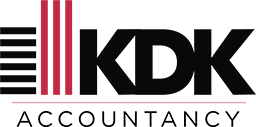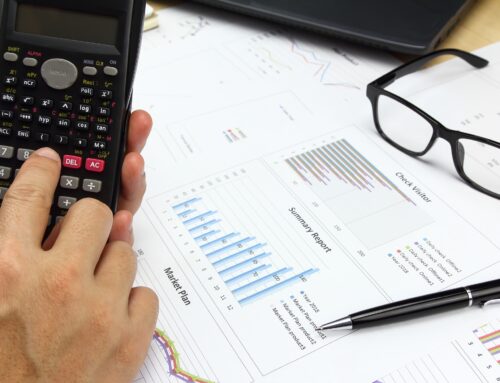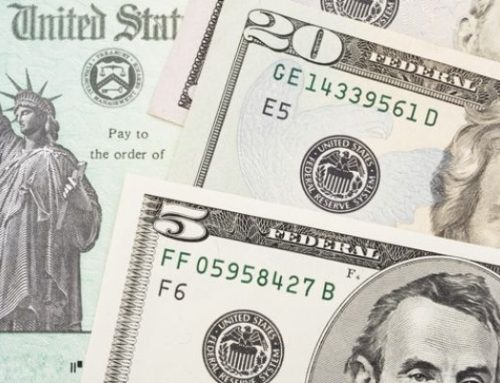Bookkeepers are not known in our industry to be professionals; however, per the definition, an office worker is a professional. Looking at the key ingredients of what makes a professional, I decided to perform a comparison to give a bit of perspective on the trends of professionalism in the bookkeeping industry.
First, look and see where the bookkeeping profession will need to transition:
The essence of a true professional is not only having all the above items but being able to hold yourself to a set of standards. When you refer to yourself as a professional, you are indicating to your clients and yourself that you have attained a level of achievement, continual educational, and industry standards of quality.
Most bookkeepers fail to recognize themselves as a “professional” because they have not self-identified with a profession. The accounting profession has not acknowledged the bookkeeper as a professional, and thus the lack of validation perpetuates a self-devaluing image.
As you can see, there are similarities in a profession. The past has not held bookkeepers to any of these standards regarding becoming “professionals.”
A professional membership organization is a key component in helping lift the visibility and the standards of the professionals. Examples of professional organizations that raise the standards in the profession are the AICPA for CPAs, American Bar Association for lawyers, and ICBUSA for bookkeepers.
A common misconception is that social groups, such as Facebook and LinkedIn, are a replacement for the professional organization. These communities are lacking the professional requirements that help to define the profession.
Read the other half of the article on marketing web: http://bit.ly/2fFunMJ





